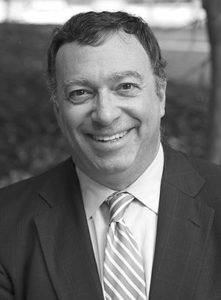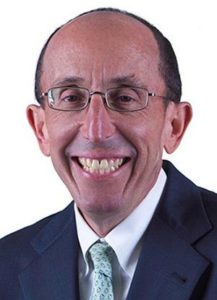The Clark University Board of Trustees has added two new members: Lee J. Plave, of Reston, Virginia, and Gary D. Labovich of Alexandria, Virginia, both of whom are Clark alumni.
Labovich is a term trustee; he was elected by the Board. Plave was elected by the members of the Clark University Alumni Association. They will serve through 2022.

For the past two years, Plave, a co-founding partner at Plave Koch PLC, has been named a top franchising lawyer in North America. He has extensive experience counseling distributors and franchisors, preparing and negotiating franchise agreements for complex international and domestic transactions and advising clients on all aspects of franchise and distribution law. Plave represents clients in matters before the Federal Trade Commission and has also served with the Federal Election Commission. He earned a bachelor’s degree in government and international relations from Clark in 1980, and attended law school at New York School of Law in 1983.

Labovich, an executive vice president at Booz Allen Hamilton, Inc., leads the firm’s financial services business and works with federal and private sector clients such as the U.S. Department of the Treasury and its bureaus, the Securities and Exchange Commission, the Federal Reserve, the Pension Benefit Guaranty Corporation and private banking institutions. Labovich spent 18 years at American Management Systems (AMS) in key roles as both an entrepreneur and a senior executive specializing in systems development and strategic consulting for federal, state and local, and commercial organizations. Labovich earned a bachelor’s degree with high honors in economics from Clark in 1981, and a master’s degree in public management and policy from Carnegie Mellon University.
There are four Trustee Board officers this year: Steven Swain ’89 (chair), Richard M. Freeland and Robert J. Stevenish (vice chairs), and Linda R. Savitsky ’70 (secretary).
The board will increase its focus on areas that reflect the goals and imperatives for Clark University, including increased visibility, resource development, and improved educational and career outcomes for graduates.
